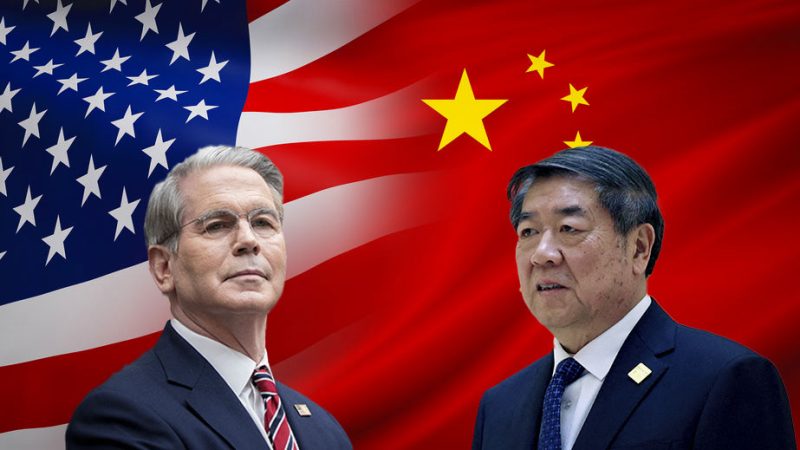Beijing Snub Triggers Strategic Debate in Berlin
Germany’s approach to China is under fresh scrutiny after Foreign Minister Johann Wadephul canceled a planned trip to Beijing when Chinese officials agreed to only one of several proposed meetings. The decision has fueled growing calls within Berlin to rethink the country’s trade and security strategy toward China, particularly amid escalating restrictions on rare-earth exports.
Wadephul, representing the Christian Democratic Union (CDU), had intended to discuss Beijing’s curbs on rare-earths and semiconductors—critical materials for Germany’s tech and defense industries. However, limited cooperation from Chinese counterparts led to the postponement of the visit.
Growing Calls for a Strategic Overhaul
Following the cancellation, Adis Ahmetovic of the Social Democratic Party (SPD) urged Germany to adopt a more “active and strategic foreign policy,” emphasizing long-term interests and clear communication. His remarks reflect a rising consensus in Berlin that Germany’s dependence on China leaves it exposed to economic and security risks.
China’s tightening export controls on rare-earth elements have deepened those concerns. These materials—vital for electric vehicles, wind turbines, and advanced weapons—remain dominated by Chinese suppliers. In 2024, Germany imported roughly 65.5% of its rare-earths from China, highlighting how little its reliance has shifted.
National Security and Industrial Risks
Experts warn that the concentration of rare-earth production in China poses serious national security challenges. Germany’s defense contractors, along with Europe’s broader military-industrial base, depend heavily on Chinese heavy rare-earths.
Berlin has begun seeking alternatives by expanding supply chains and investing in domestic processing capabilities. Yet analysts note that these efforts are still in their early stages, leaving Germany vulnerable to disruptions from Beijing’s policy shifts.
Balancing Commerce and Security
The canceled Beijing trip underscores a turning point for Germany’s China policy. As Europe’s largest economy, Germany now faces a difficult balancing act—maintaining trade ties with China while reducing strategic dependencies.
Observers suggest Berlin will increasingly focus on:
- Diversifying supply chains away from China
- Tightening trade scrutiny with strategic partners
- Investing in local and European rare-earth processing projects
How successfully Germany adapts could define not only its industrial future but also Europe’s collective stance toward Beijing.
